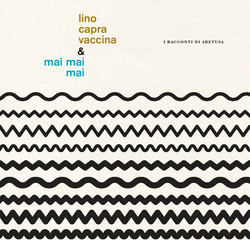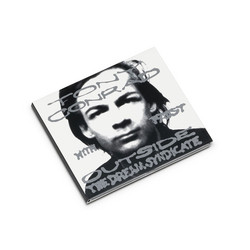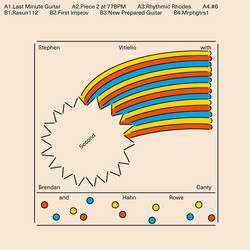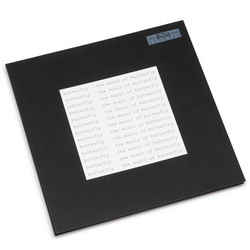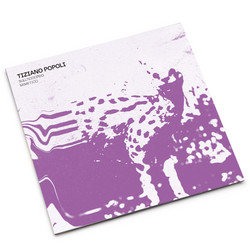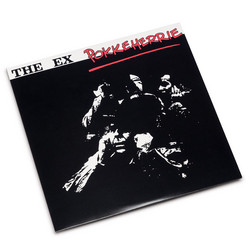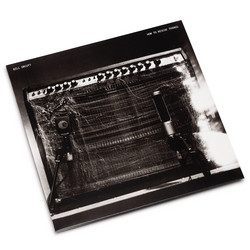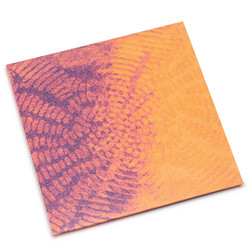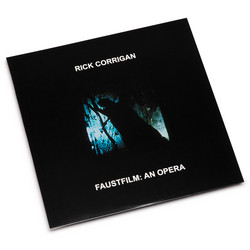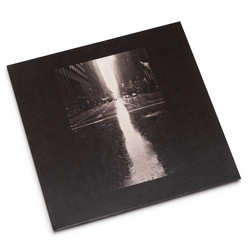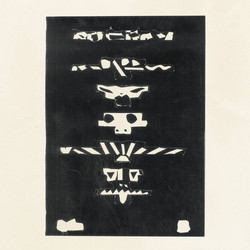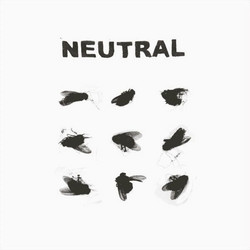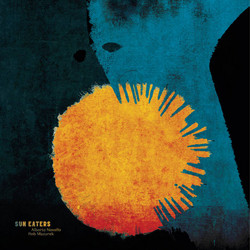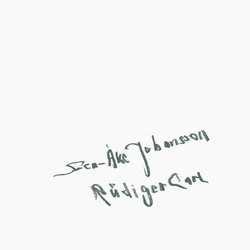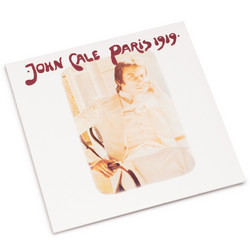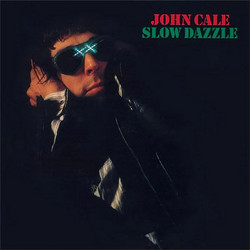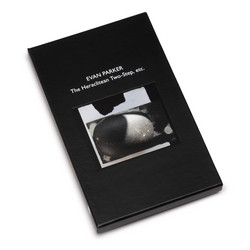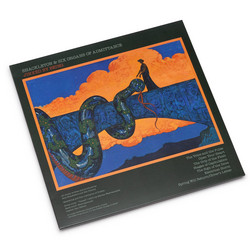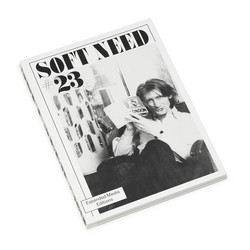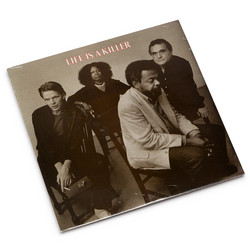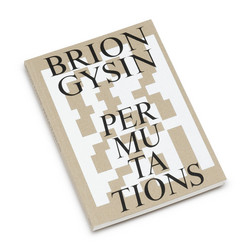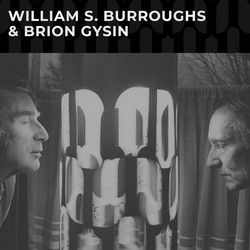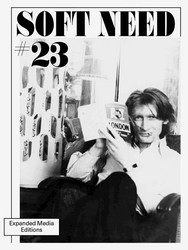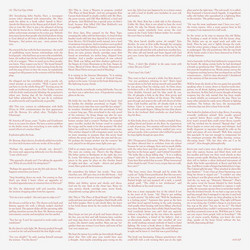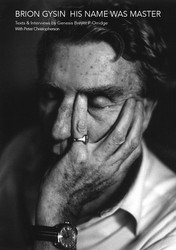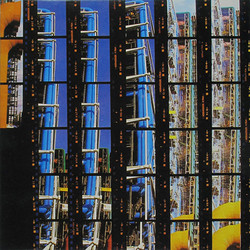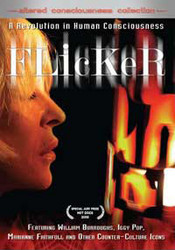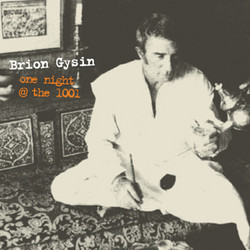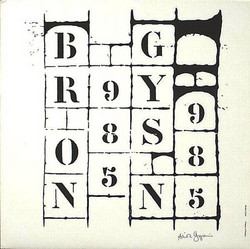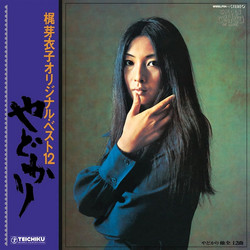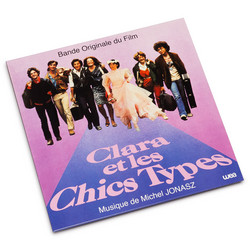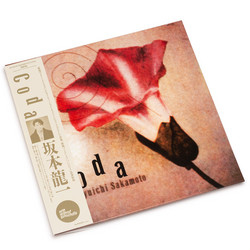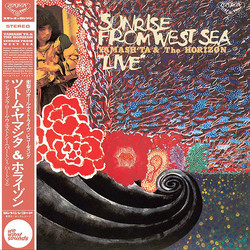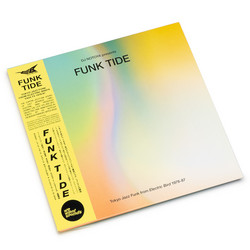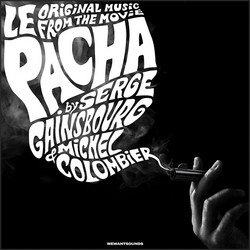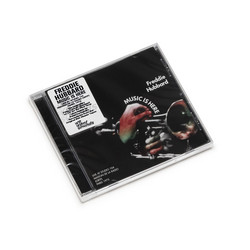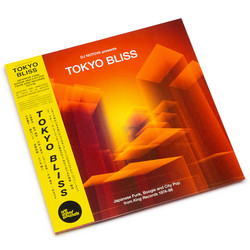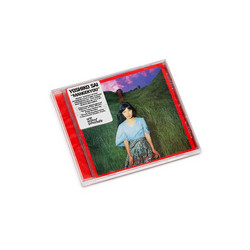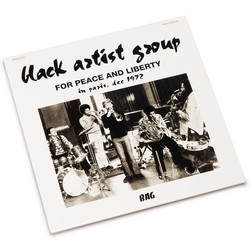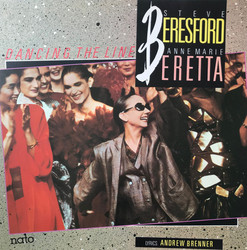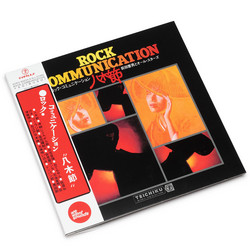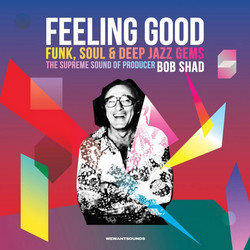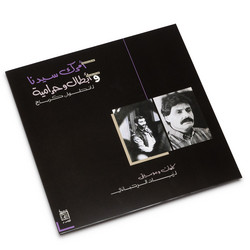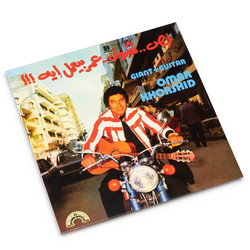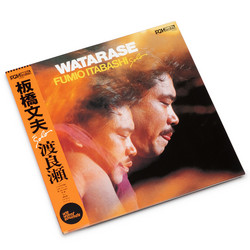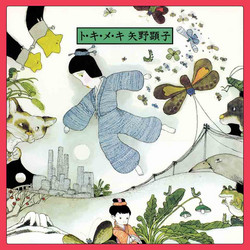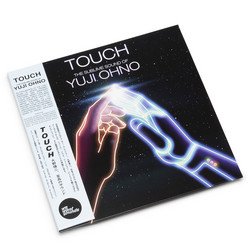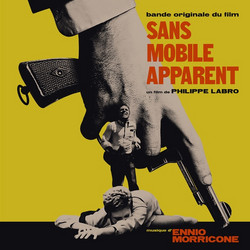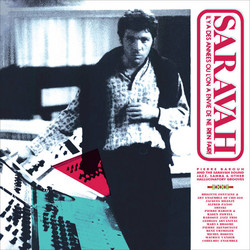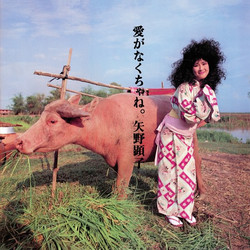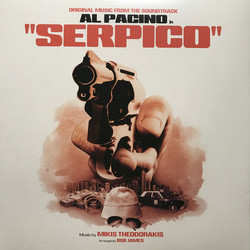We do require your explicit consent to save your cart and browsing history between visits. Read about cookies we use here.
Brion GysinFeaturing: Ramuntcho Matta, Don Cherry
Junk (LP)
"Wewantsounds is delighted to reissue Brion Gysin's cult avant funk album produced in Paris by Ramuntcho Matta in the early '80s. The hugely influential Brion Gysin who, with his friend William Burroughs, was revered by the likes of David Bowie, Brian Jones, Laurie Anderson, Genesis P-Orridge, is accompanied here by Matta and French post punk stalwarts Yann Le Ker on bass (from the group Modern Guy) and Frederic Cousseau on drums (from Suicide Romeo) plus special guests including Don Cherry, Elli Medeiros, Lizzy Mercier Descloux, Caroline Loeb and Senegalese drummer Prosper Niang (Xalam). This is the first time the album is reissued on vinyl, augmented with bonus tracks and a new introduction by Gysin scholar Jason Weiss."
By 1985, Brion Gysin had been around. Born in 1916, he ditched his native Britain for Paris in the 1930s to make it as an artist. He hung out with Dalí and the Surrealist set, whose quasi-leader André Breton kicked him out of a major group show for being friends with the likes of queer hero Gertrude Stein; as the story goes, it was Gysin who developed the marijuana fudge Stein popularized as the Alice B. Toklas Brownie in her notorious cookbook. By the 1950s, he was in Tangier with good friend William S. Burroughs. There, as another story goes, he booked the Master Musicians of Joujouka to play at his café, the 1001 Nights, and introduced them to the Rolling Stones, kickstarting pop psychedelia. Later, back in Paris with Burroughs at the notorious Beat Hotel, he systematized a new randomizing literary technique, the cut-up, and with it made sound poetry recordings that used turns of phrases like samples, a tool Bowie would utilize in his Berlin trilogy. Gysin also invented, with some help from math wiz Ian Sommerville, a device called the Dreamachine, whose patterns of flickering, stroboscopic light—produced by a perforated shade spinning around a light source—are designed, when viewed through closed eyes, to stimulate the brain’s alpha waves. It casts shadows across lighting and set designs (and stoned student dorm rooms) to this day. By the early 1980s, Gysin had traveled the world, performing and recording his hypnotic poetry on stage and on record, making paintings based on studies of Japanese and Arabic calligraphy, and generally living the cult hero life. What else could he do?
Make a disco record! Gysin had taken as an assistant a high school student named Ramuntcho Matta, whose brother was the influential New York artist Gordon Matta-Clark; when Gordon died suddenly in 1978, Ramuntcho returned and spent time working in Laurie Anderson’s studio. Back in Paris by 1980, Matta culled from the city’s famed club Le Palace a who’s-who of underground disco-not-disco luminaries, including Ze records chanteuse Lizzy Mercier Descloux, along with global figures like Senegalese drummer Abdoulaye Prosper Niang and jazz legend Don Cherry. Meanwhile, years of performing his demanding, loopy poetry had turned Gysin into a kind of ideal frontperson for this kind of jittery rhythm. They all got together and made Junk, first released in 1985 on the French label Mosquito, put out on CD in 1991 by Crammed, and now reissued in all its freaky, funky glory by Wewantsounds.
Opener “Kick (Disco Mix)” was recorded in 1980, the same year as Talking Heads’ Remain in Light, and the mood is similar: Matta’s guitar is as percussive as Niang’s supple beat and Jean-Pierre Coco’s talking drums. Gysin and Cherry inject the groove with various permutations of the phrase, “Kick that habit, man,” while Cherry sprays and squiggles with his pocket trumpet. It’s intoxicating. The reissue appends two very welcome versions, a “7" Alternative Mix” that’s essentially an edited vamp, and an instrumental dub; those jonesing for more should score “Kick That Habit Man,” a kind of cover made the same year by San Francisco industrial innovator Monte Cazazza for a 7" released by Throbbing Gristle’s Industrial Records.
With its bassy hook and chicken-scratch guitar, “Sham Pain” could be Chic, if their legendary fury at being turned away from Studio 54 soured instead of soared. “Insane, insane! Why am I always to blame?” Gysin screeches. Guitars make sounds of scrunched-up faces, the bass rolls its eyes. “Complain, complain!” he caterwauls. “I seem to recall we had some kind of ball/But for the life of me, darling/I can’t seem to remember your name/It was a long noble name….” The sneering tumbles out of him, bravura and effete. The title track punctures the druggie slumbers his demimonde too often mistook for a muse with literal alarm bells and a bassline that stumbles around like it’s trying to find the floor. “Junk is no good, baby,” Gysin proclaims, and backup singer Yann Le Ker, of French post-punkers Modern Guy, concurs with a catchy, “no good, no good, no good.” Gysin ponders various permutations of the sentiment, but the answer stays the same.
Two tracks explore the joys of queer sex. Whatever you think of primitivism as a fetish—and, given Gysin’s extensive academic work, including writing a history of slavery in Europe, as one of the very first recipients of a Fullbright, the racial politics can’t have been lost on him—the bounce of “Baboon” is undeniable, and his delivery outrageously winning, somewhere between the knowing flamboyance of Quentin Crisp and the louche menace of Grace Jones. “V.V.V.”, meanwhile, is a Sapphic celebration so insouciantly sexy that it seems impossible to believe that it slunk around for some forty years without attaining at least the underground anthem status of, say, Gina X’s “No G.D.M.” Let’s rectify that. Most Read Reviews
All parties end, of course. Junk concludes with a golden-hour meditation on nostalgia, with Matta voicing Gysin’s words. “Sometimes I’m close to tears,” he sings, guitars welling up behind him. Metronomic percussion counts down the hours. “All those years, for really nothing,” he sighs, “unless your face appears.” Gysin does appear; he sings himself off the stage in the album’s most astonishing moment, “Stop Smoking.” The lungs of the track are its circling rhythm, an Afropop-ish bop; above the beat, conch shells wheeze. “Isn’t the cough that carries you off,” Elli Medeiros of Stinky Toys sings, her clear voice a nag, a nursery rhyme. “It’s the coffin they carry you off in.” Gysin battled cancer for much of his life, and his vocals here are constantly interrupted, or perhaps punctuated, by wet, racking hacks. “Stop smoking? Ha ha ha you gotta be [coughs] joking,” he announces in a voice that makes Mark E. Smith’s ravaged larynx sound like Ariana Grande. “Nicotine is mean,” he manages to get out, a little awed. It’s like he’s playing the phlegm. A year after Junk released, he’d be dead of lung cancer, ashes floating on the breeze over the Caves of Hercules in Morocco like a conga drum finding its rhythm. The man who was everywhere was finally nowhere—but remembered forever on this wild, fabulous record.
rion Gysin’s name is most frequently mentioned in relation to the innovative “cut-up” poetry that he pioneered and which was subsequently developed by his friend William S. Burroughs. Like Burroughs, Gysin was no stranger to recording studios, but whereas his more famous friend tended to perform readings of his work or to pop up here and there in the recordings of artists on the alternative spectrum from Laurie Anderson to Tom Waits, Gysin put his name to an album that could actually be considered more-or-less commercial music of its time. For its original 1985 release, this album was titled Ramuntcho Matta Presents Brion Gysin / Polo Lombardo but since then it’s been more informally named after one of its most memorable tracks, “Junk,” and that’s the title of this newly augmented edition of the album.
At the time of the recording, French producer Ramuntcho Matta had been working in New York for a couple of years, and despite its noticeably international personnel, Junk is a very early ‘80s, New York kind of album. The opening track “Kick (Discomix)” is jazz-inflected funk-pop. It features jazz legend Don Cherry and Senegalese drummer Abdoulaye Prosper Niang as well as Matta on guitar, and an otherwise obscure but very good bassist called Fil Mong. It sounds a bit like the kind of records artists as dissimilar as Talking Heads and Nina Hagen were making around that time.
Its more individual character comes from Gysin himself. His voice – especially compared to Burroughs’ – is surprisingly warm and avuncular and in some ways a bit anachronistic. By that time, Gysin was in his seventies – he would die aged 80, a year after the album’s release – so in a way it’s no surprise that his delivery is in a semi-conversational, classic beat poetry/So I Married an Axe Murderer style, pitched somewhere between narration and rap. The words to “Kick” prefigure those of the rest of the album in their simplicity. Essentially the lyrics amount to the phrase “kick that habit, man” delivered with a variety of tones and emphases. All very simple and possibly quite irritating ‒ but the simmering funk behind Gysin’s vocal is extremely listenable and Cherry’s pocket trumpet in particular is fantastic. “Sham Pain” is even funkier and bouncier, with Matta and Yann Leker of French New Wavers Modern Guy bringing Nile Rodgers-style guitar to the party while Gysin yammers away with almost Fred Schneider ebullience.
Fairly early on, it becomes inescapably obvious that although Gysin is the raison d’être for the album, he is also by some distance its weakest link, saying repetitive and not always interesting things in a slightly silly way. But that said, he’s entertaining too and his persona is far lighter and more fun than one might assume from his written works. “Junk” itself sounds like a dead ringer for Naked-era Talking Heads, if David Byrne was tone deaf. It’s a great, funky, highlife-inflected funk/disco track, and when Gysin limits himself to vocal interjections, it’s a winning formula.
When he actually sings though, it’s not so much. Again, what lets the song down ‒ surprisingly for a writer of his stature ‒ is Gysin’s words. Though few will disagree with the sentiment, one might expect more from a poet and close associate of Burroughs than “Junk is no good baby! No good, no good, no good” ‒ but that’s what you get. As a piece of music, however, “Junk” is catchy and fun.
And so it goes. “Stop Smoking” is hard-hitting and funky and has Elli Medeiros on backing vocals, but it has a silly, extremely trivial Gysin vocal that sounds like one of Jim “Mr. Magoo” Backus’ novelty records. “Baboon” is bright and colorful with Gysin making silly animal noises, “V.V.V.” is bold and celebratory. And it’s really only the delicate, poignant “All Those Years” that has much sense of human depth to it. Different mixes of “Kick” and “Stop Smoking” are welcome if not essential, and an instrumental version of “Kick” is good too but a bit aimless. In the end, the instrumental confirms against the odds that although at times he’s objectively quite irritating, Gysin’s presence has much to do with the overall effect and success of the music.
For all its avant-garde credentials, Junk works best as an album of fairly typical New York/New Wave funk/disco and though Brion Gysin has a somewhat lofty arthouse reputation it’s no more, and no less, radical or listenable than something like the B-52s. Gysin remains an iconic, influential figure to this day, but not really in the field of popular music. Though it’s recommended to the curious, or just to fans of the era and milieu, Junk demonstrates why that is.
Following their reissue of Ramuntcho Matta’s leftfield classic S/T last year, Wewantsounds continue their exploration of the French producer’s discography with their latest release, Brion Gysin’s Junk. Recorded in the early ’80s and featuring stalwarts of the global experimental music scene like Don Cherry and Lizzy Mercier Descloux, the Matta-produced avant-funk masterpiece has gone on to attain cult status. Gysin’s off-beat spoken-word poetry rides along relentlessly funky basslines, underpinned by driving Senegalese percussion and flourishes of free jazz screeches of saxophone. It is a testament to Matta’s deft hand that he pulls these seemingly dissonant parts into one idiosyncratic whole—undoubtedly one of the grooviest albums of its era, making this first-ever vinyl pressing a gift to post-punk heads and Matta fans.
Related products
More by Brion Gysin
More from Wewantsounds
Become a member
Join us by becoming a Soundohm member. Members receive a 10% discount and Free Shipping Worldwide, periodic special promotions and free items.
Apply hereSoundohm is an international online mailorder that maintains a large inventory of several thousands of titles, specialized in Electronic/Avantgarde music and Sound Art. In our easy-to-navigate website it is possible to find the latest editions and the reissues, highly collectible original items, and in addition rare, out-of-print and sometime impossible-to-find artists’ records, multiples and limited gallery editions. The website is designed to offer cross references and additional information on each title, as well as sound clips to appreciate the music before buying it.
Soundohm is a trademark of Nube S.r.l.
